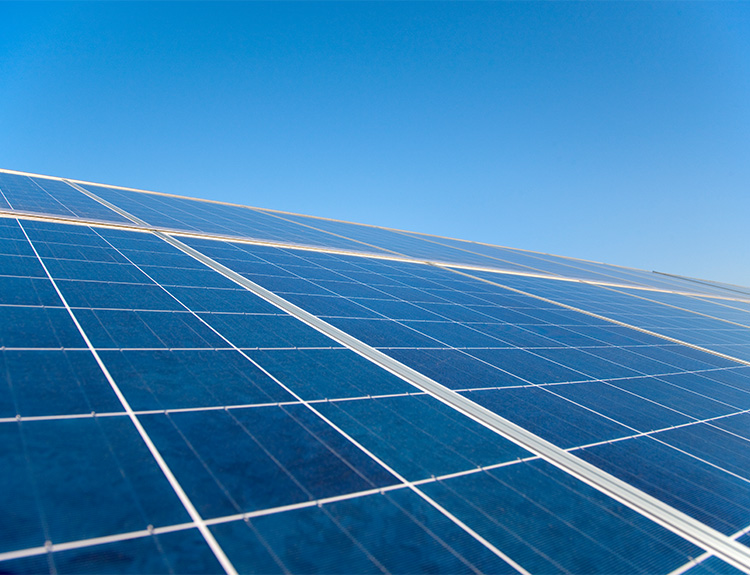

Clean energy is a naturally adjacent business to water and wastewater services, providing us with resilience and helping us to reduce our greenhouse gas emissions and work towards achieving our net zero target.
We own and manage 56,000 hectares of land, and we plan to maximise our land bank to help us build a greener future. We have identified 140 sites with scope for development of renewables and other clean technologies. We are focused on improving our energy resilience and self-generation capacity, with a target of achieving 50 per cent self-sufficiency by 2030.
We have demonstrated our ability in this space, having previously delivered a portfolio of renewable energy assets across the North West. Through the sale of our subsidiary, United Utilities Renewable Energy Limited, last year we retained the benefits of the clean energy through long-term power purchase agreements, but have freed up capital enabling us to accelerate deployment of our clean energy strategy.
We are focused on improving our energy resilience and self-generation capacity, with a target of achieving 50 per cent self-sufficiency by 2030.
As an initial step, we are working on plans to develop 150 megawatts of new installed capacity by 2030. This programme will be made up of a combination of solar and batteries.
With a substantial increase in the size of our capital programme expected in AMP8 and beyond to meet new environmental obligations, this places significant upwards pressures on emissions with our annual energy consumption expected to increase, as discussed in our transition plan.
Increased self-generation will help towards our emission reduction targets, and it will improve financial resilience, which is particularly important with power markets becoming more volatile in recent years. Investment in batteries will improve operating resilience, protecting key assets and sites in the event of a grid outage.
Delivering value for: